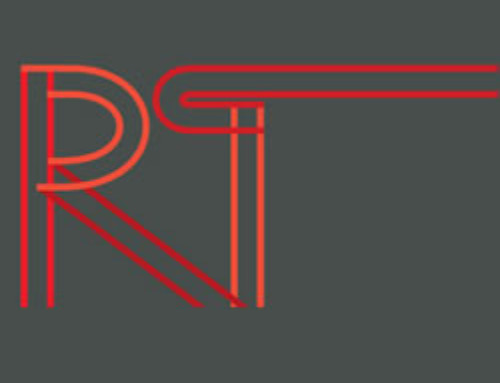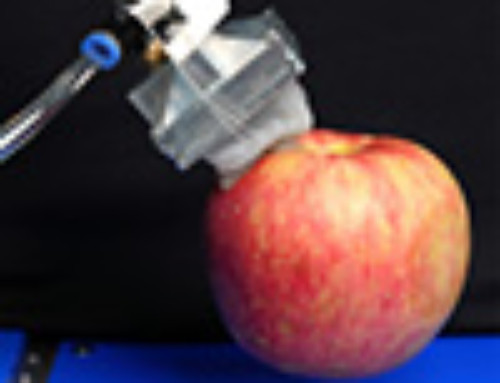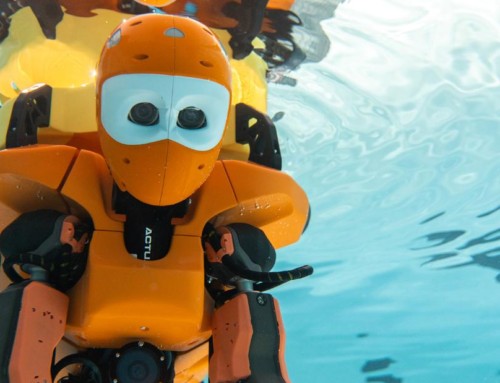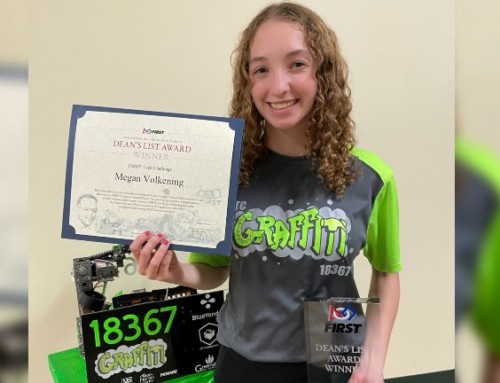[ad_1]

Seattle-based Olis Robotics says it has received a $50,000 grant from the U.S. Air Force to lay out a plan for using its AI-driven software platform to control satellite-servicing robots in orbit.
The initial Small Business Innovative Research grant could set the stage for as much as $1.5 million in future Air Force funding, depending on how the plan is received.
Olis, formerly known as Bluhaptics, is a five-year-old spinout from the University of Washington’s Applied Physics Laboratory. It specializes in the development of semi-autonomous control software that’s suitable for underwater remotely operated vehicles as well as space robots.
The company says its proprietary control system could come in handy for future generations of robots designed to service satellites in orbit. Thanks to the system’s machine learning capabilities, robots could perform tasks within pre-set levels of autonomy, even when they’re out of contact with the ground. Autonomous control would also help get around the issue of signal latency.
Over the years, the Pentagon and its Defense Advanced Projects Agency, or DARPA, has funded several projects touching on satellite rendezvous and servicing. Olis has been involved in planning for such technologies as part of DARPA’s Consortium for Execution of Rendezvous and Servicing Operations, or CONFERS.
The SBIR grant calls for Olis to produce a report analyzing how its AI-driven commercial capabilities could address the Air Force’s needs for orbital satellite servicing as well as in-space manufacturing.
“We’re pleased to be working with the Air Force to help extend the life of existing satellites, potentially saving hundreds of millions of dollars, with the precision to refuel, repair or update components while the satellites are in orbit,” Olis Robotics CEO Don Pickering said in a news release.
Pickering said his company’s software platform “enables the ability to use robotics in orbit to service satellites and reduce the cost of maintaining and upgrading existing satellite systems.”
Olis is working on a wide range of other space projects, including NanoRacks’ plan to convert rocket upper stages into orbiting outposts and a NASA-funded effort to develop robotic control systems that work well with humans.
[ad_2]
Source link





Leave A Comment
You must be logged in to post a comment.